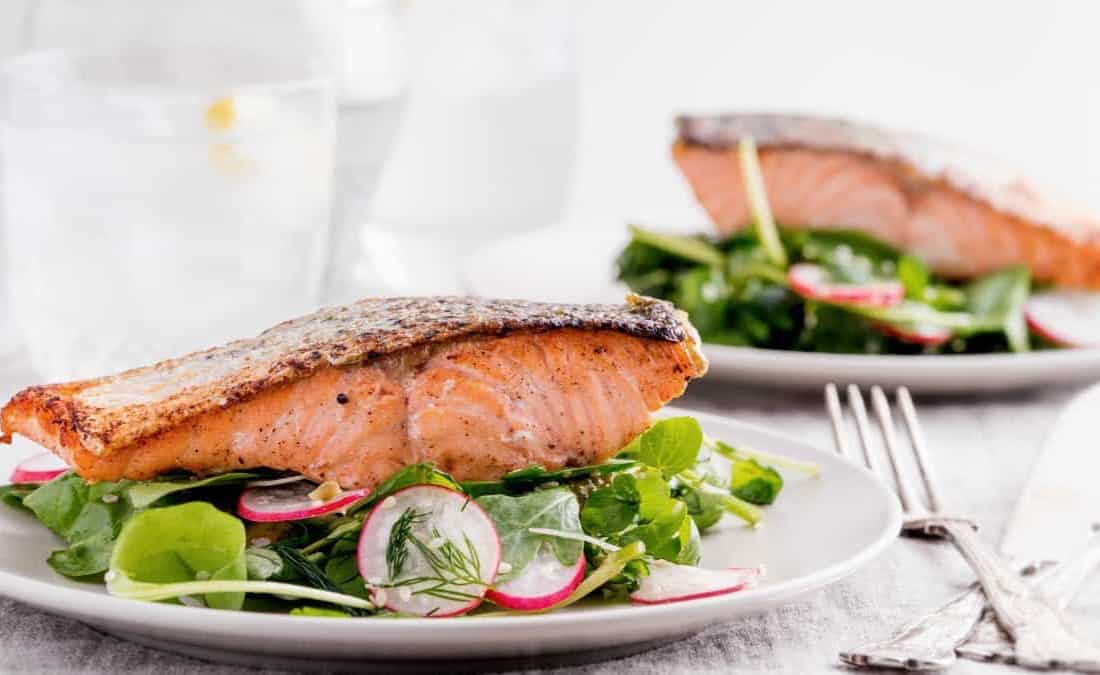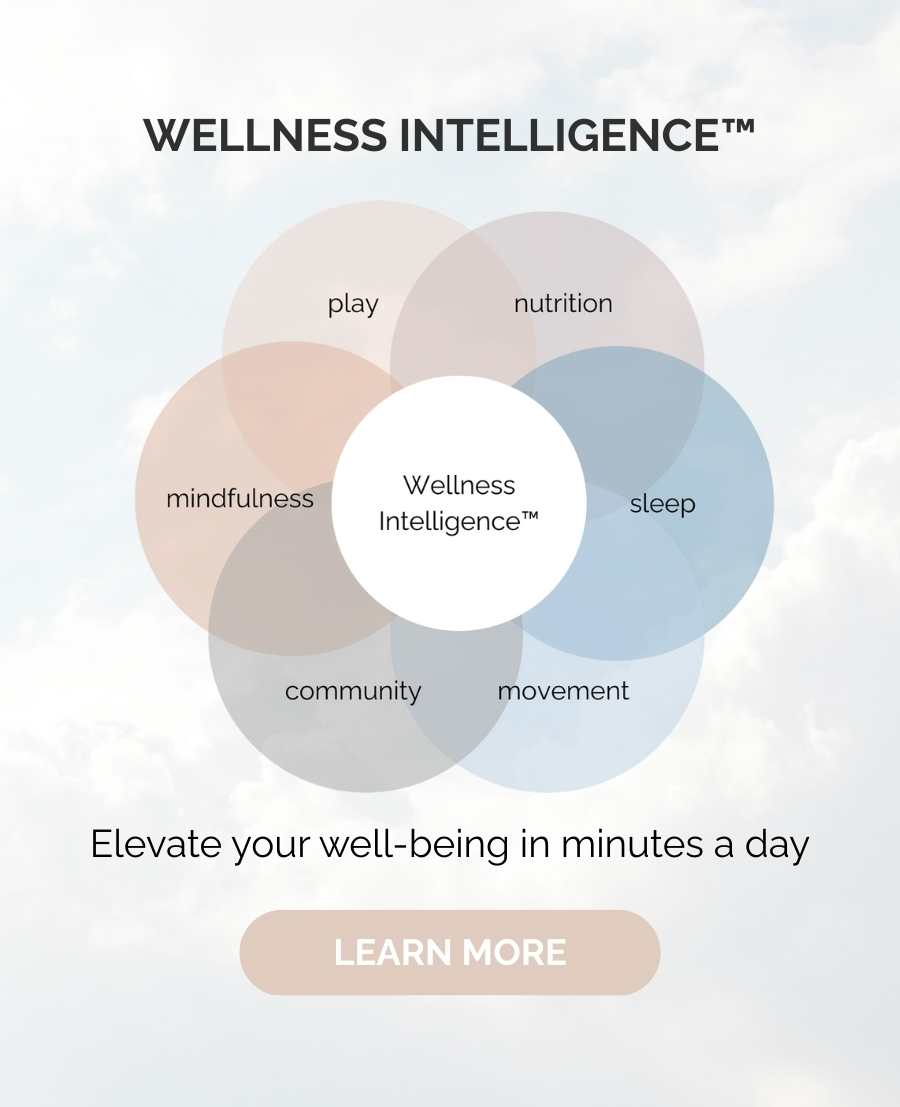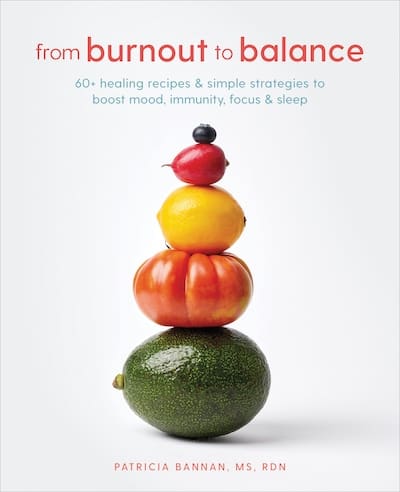Your brain is the boss of your body, controlling your thoughts, memory, speech, and movement. Include the following brain superfoods to help it function at its best.
Aside from the smooth, automatic functions, and intricate design, brains are also responsible for memory, regulating emotions, sequencing, motor function, and much more. However, if you’re like most people you probably take these functions for granted and forget that what you do on a daily basis can impact your brain health — both positively and negatively. These brain superfoods can help you optimize your brain health and function at your best.
Nutrition and the Brain
Nutrition plays a large role in short and long-term brain health. In fact, research shows that nutrients in food can have a significantly positive impact on cognitive performance as you age. Choosing healthy foods for your brain can enhance your performance at work, ease your daily tasks, and help you hold onto fond memories you’ve shared with family and friends.
There are many superfoods that can help with memory and mental clarity. Here’s a closer look at which ones to focus on.
Brain Superfoods
To boost your brain health, it’s important to consume foods that contain these antioxidant and anti-inflammatory compounds. Cognitive impairment is increasingly attributed to oxidative stress, a condition that involves excessive harmful molecules called free radicals or oxidants. Since these free radicals can lead to inflammation in the brain, antioxidants and anti-inflammatory compounds are critical to brain health. Fatty fish, walnuts, blueberries, and choline-rich foods such as eggs, edamame, and yogurt are some of my favorite brain boosting superfoods.
Check out my TV segment “Dietitian Details Proper Portions to Boost Brain Health” with ABC-7 Los Angeles.
Why are these foods special? Let’s break it down and discuss the nutritional qualities (and science) of each one.
Fatty Fish for Brain Health
Thanks to the healthy dose of omega-3 fatty acids present in fatty fish, it’s an important food for brain health. There are different types of omega-3 fatty acids – EPA and DHA (found in fish and shellfish) and ALA (found in plants like walnuts, flaxseeds, and chia seeds).
While all types of omega-3s are important to consume for good health, EPA and DHA are vital nutrients for brain development and function. They may also help to slow down the process of brain aging as you get older. Research shows that DHA, alone or in combination with EPA, in the amount of at least 1 gram per day contributes to improved memory function in older adults.
Here’s a helpful seafood guide from SeafoodWatch.org on the levels of omega-3 fatty acids (EPA + DHA) in common fish and shellfish.
For an easy recipe that’s sure to please, try this Pan-Seared Salmon on Arugula Salad with Tahini-Citrus Dressing.

Walnuts for Brain Health
Walnuts also have more polyphenols – a group of phytonutrients that are strong antioxidants – than any other nut. A recently published study examining walnuts and aging found that walnuts may play a role in preventing cognitive decline.
Another study examined the long-term intake of nuts, including walnuts, in relation to cognition in older women using data from the Nurses’ Health Study. Based on a sample of 15,467 women age 70 or older, higher long-term total nut intake, including walnuts, was associated with better average cognitive skills.
The neuroprotective effect of walnuts can provide long-term benefits and they’re a great food choice to include as part of a healthy eating pattern.
Blueberries for Brain Health
Blueberries have been shown to be potentially beneficial for the brain, particularly when it comes to memory loss in aging. According to experimental studies, berries are high in flavonoids, especially anthocyanidins, which help improve cognition function.
A study published in the European Journal of Nutrition found that daily consumption of the equivalent of one cup of fresh blueberries a day (given as 24 grams of freeze dried powder) showed positive changes in cognitive function in older adults over a placebo.
Another study, which followed more than 16,000 women age 70 and older, found that women with a higher intake of berries appeared to have delayed cognitive decline by 2.5 years.
In addition to aiding in memory loss, blueberries are also rich in a variety of important nutrients, including vitamin C, fiber, and a unique type of phytonutrient, which is responsible for giving blueberries their distinct color. They are another food that contains powerful antioxidants.
Choline-Rich Foods and the Brain
You may be surprised to find that one of your favorite breakfast staples is packed full of brain-healthy nutrients. Thanks to the choline present in eggs (more specifically, egg yolks), it plays a key role in working memory.
Choline is a B vitamin-like nutrient that is an essential nutrient, which means that it must be obtained from food as the human body can’t produce enough of it. It’s also one of the building blocks for acetylcholine, a neurotransmitter that plays a key role in “working memory”, or the ability to store short-term information, such as “where did I put my keys?”
While choline is available in a wide array of foods, the challenge is that generally, the amount in each food is not very high. Therefore, most adults do not get the recommended daily value of 550 milligrams of choline.
To help you gauge your intake, below are some commonly consumed foods and the amount of choline they provide. For a quick and easy choline-rich breakfast, try my Sunny Side Up Avocado Toasts recipe!
Choline-Rich Foods List
|
Food |
Amount of Choline |
|
1 large egg |
147 mg |
|
1/2 cup roasted soybeans |
107 mg |
|
3 oz. roasted chicken breast |
72 mg |
|
3 oz. broiled lean ground beef |
72 mg |
|
3 oz. cooked Atlantic cod |
71 mg |
|
1/2 cup cooked shiitake mushrooms |
58 mg |
|
1 oz. toasted wheat germ |
51 mg |
|
1/2 cup canned kidney beans |
45 mg |
|
1 cup low-fat milk |
43 mg |
|
1 cup cooked quinoa |
43 mg |
|
1/4 cup dry roasted peanuts |
24 mg |
|
1/2 cup boiled green peas |
24 mg |
All of these foods can provide a boost to your brain function and overall health with their powerful nutrients. If you don’t include all of them in your typical meals, think of one way you can start incorporating at least one of the foods. You’ll be surprised by the number of ways to include blueberries and walnuts in dishes!
Which of these brain boosting superfoods do you enjoy? Do you consume any particular food or supplement to support your brain health? Let me know what you think — I’d love to hear from you!






